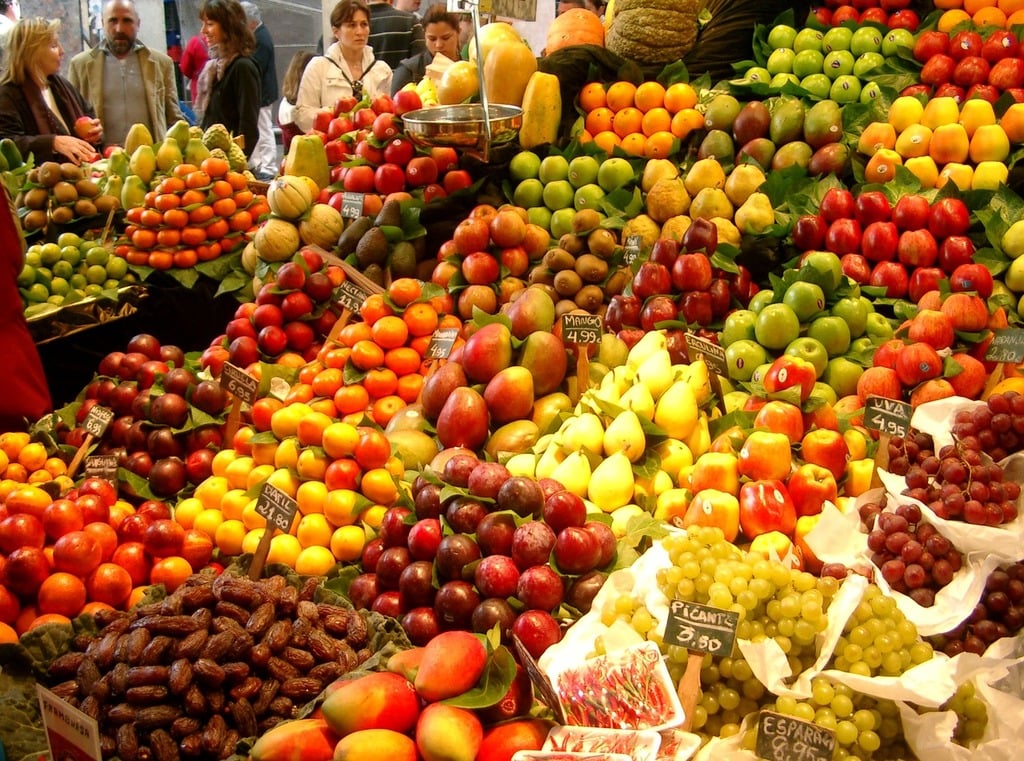In an era where global supply chains flicker and climate change poses ever-present threats, the concept of food security has moved from the abstract to the acutely personal. While national policies play a significant role, the true bedrock of ensuring everyone has access to sufficient, safe, and nutritious food often lies closer to home, within the purview of today local government system.
HOW GOVERNMENT PROGRAMS BENEFIT COMMUNITIES
Local governments, from city councils to county commissions, are uniquely positioned to address the multifaceted challenges of food security. Their proximity to residents and businesses allows for a nuanced understanding of local needs, resources, and vulnerabilities. This direct engagement is vital in translating broad food security goals into tangible, community-specific actions.
One of the most significant contributions of local government is in land use planning and zoning. By designating land for urban agriculture, farmers’ markets, and community gardens, local authorities can foster local food production. This not only increases the availability of fresh produce but also supports local farmers and creates green spaces. Zoning regulations can also be leveraged to prevent the unchecked proliferation of food deserts, ensuring that residents in all neighborhoods have convenient access to affordable, healthy food retailers.
Furthermore, local governments play a critical role in infrastructure development and support. This can include investing in cold storage facilities, improving transportation networks to connect producers and consumers, and supporting the development of food hubs that aggregate and distribute local food. Such initiatives reduce waste, lower distribution costs, and make it easier for local food to reach those who need it.
SOCIAL INFRASTRUCTURE INCENTIVES
Economic development initiatives are another powerful tool in the local government’s arsenal. This can involve providing grants or low-interest loans to farmers and food entrepreneurs, supporting job training programs in the food sector, and promoting local food purchasing policies within municipal institutions like schools and hospitals. By strengthening the local food economy, governments can create sustainable livelihoods and a more resilient food system.
Beyond tangible infrastructure and economic support, local governments are instrumental in fostering collaborations and building community resilience. They can convene stakeholders – farmers, distributors, community organizations, residents, and food banks – to identify gaps, share resources, and develop coordinated responses to food insecurity. This collaborative approach is essential for addressing complex issues like food waste reduction and emergency food distribution during crises.
Finally, local governments are crucial in advocacy and policy implementation. While national policies set the framework, it is often at the local level that specific programs are designed, funded, and executed. Local leaders can champion policies that support affordable housing, livable wages, and access to healthcare, all of which are intrinsically linked to an individual’s ability to afford and access food.
IN SUM
In essence, local government acts as a vital connector – linking producers to consumers, resources to needs, and policy to practice. By investing in local food systems, supporting vulnerable populations, and fostering community collaboration, local governments are not just addressing hunger; they are today cultivating a more resilient, equitable, and secure food future for all.
